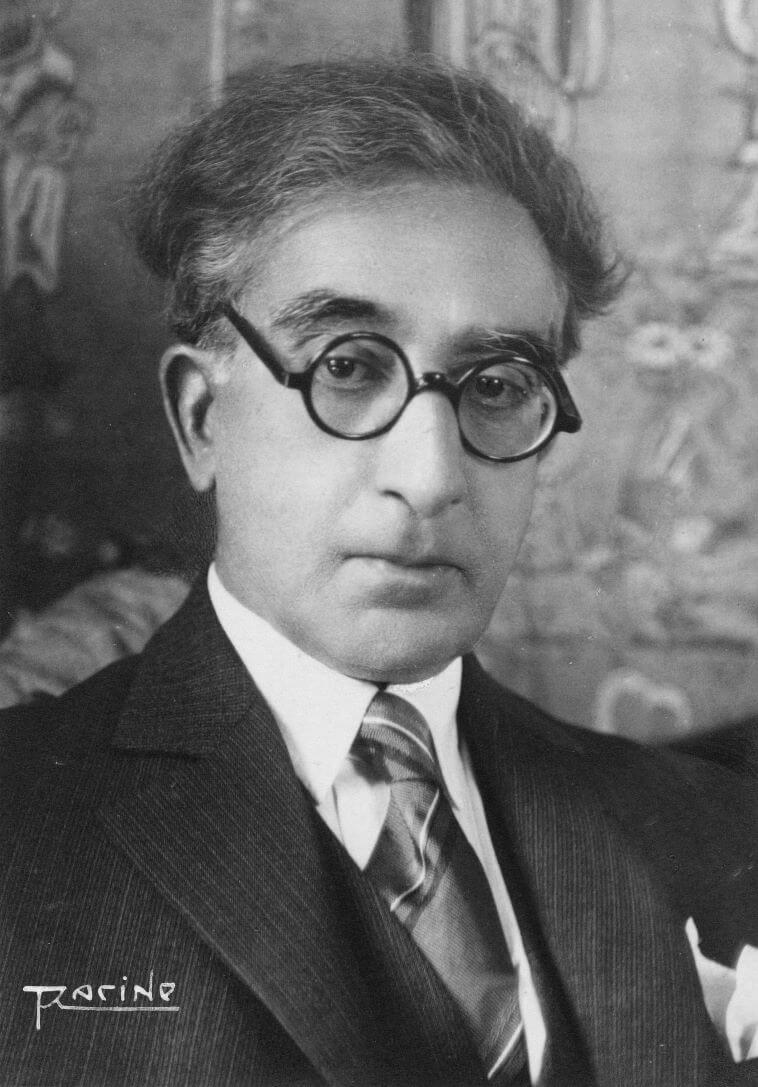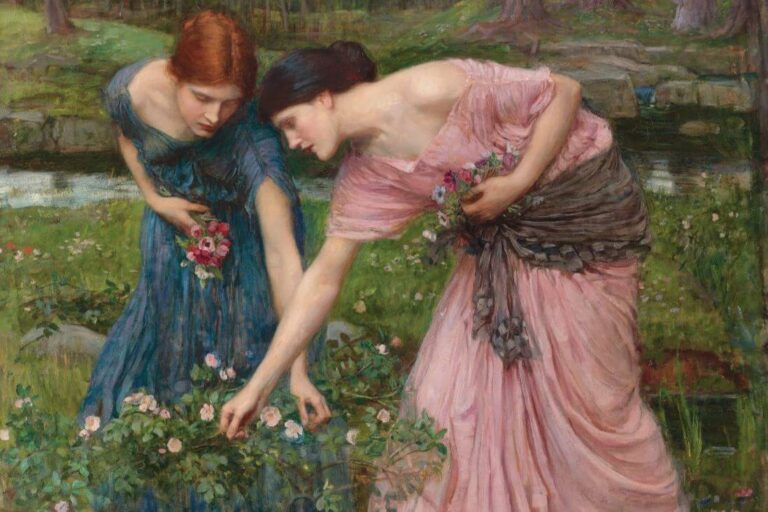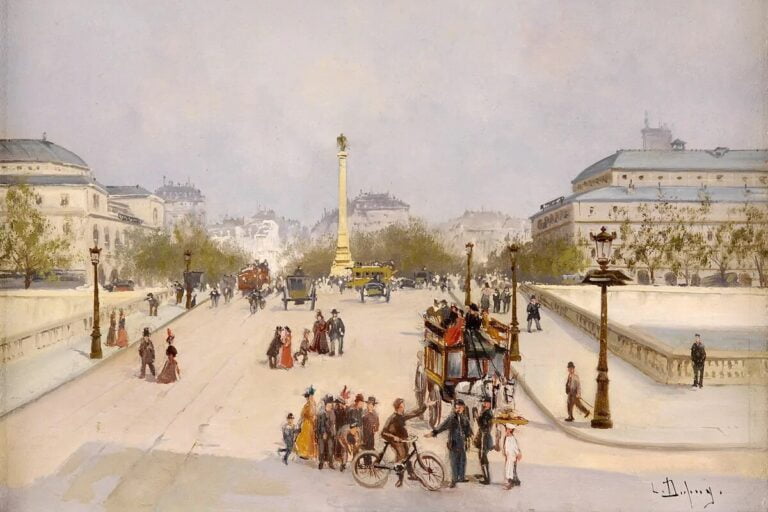One of my favourite poems is Ithaca by the Greek, Alexandrian-born poet Constantine Peter Cavafy (1863-1933). This poem contains such relatable feelings of longing and regret that it still enchants me every time I read it. The poem is inspired by the Homeric hero Odysseus, the man of twists and turns, who was condemned by the gods to stray far and wide after the sack of Troy ere he would return to his home, the island of Ithaca.
The poem addresses the Greek hero, with whom the reader is to identify himself, encouraging him to embrace the journey, to seek adventure rather than shun it, to relish every moment, and to have no fear for the angry gods and monsters (of the mind) that he might encounter on the way. In essence, the poem expresses what has now become a cliché of popular culture: that the journey is more important than the destination.
In life, we are forced to wander like Odysseus – not because the angry gods ordained it so, but because that is simply what life demands from us. We all have to set sail in the middle of uncertainty, on the stormy seas of an unknown future, making decisions without knowing where we might end up. In that sense, we are – paradoxically – condemned to be free, to make our own decisions, to wander. In this regard the poem comforts us, implying that it is only natural for us to stray, so we might as well embrace it. We might as well enjoy the adventures, discoveries, and meetings that our Odyssean wandering has in store for us.
Still, we have to keep Ithaca in our minds, this hope and longing for a better future, since that is what keeps us afoot. Without it, we would not have set out on the journey in the first place. We might never reach Ithaca, it may be no more than a dream, but the possibility that we might one day get there is what keeps us going.
As you set out for Ithaka
hope your road is a long one,
full of adventure, full of discovery.
Laistrygonians, Cyclops,
angry Poseidon—don’t be afraid of them:
you’ll never find things like that on your way
as long as you keep your thoughts raised high,
as long as a rare excitement
stirs your spirit and your body.
Laistrygonians, Cyclops,
wild Poseidon—you won’t encounter them
unless you bring them along inside your soul,
unless your soul sets them up in front of you.Hope your road is a long one.
May there be many summer mornings when,
with what pleasure, what joy,
you enter harbors you’re seeing for the first time;
may you stop at Phoenician trading stations
to buy fine things,
mother of pearl and coral, amber and ebony,
sensual perfume of every kind—
as many sensual perfumes as you can;
and may you visit many Egyptian cities
to learn and go on learning from their scholars.Keep Ithaka always in your mind.
Arriving there is what you’re destined for.
But don’t hurry the journey at all.
Better if it lasts for years,
so you’re old by the time you reach the island,
wealthy with all you’ve gained on the way,
not expecting Ithaka to make you rich.Ithaka gave you the marvelous journey.
Without her you wouldn’t have set out.
She has nothing left to give you now.And if you find her poor, Ithaka won’t have fooled you.
Constantine P. Cavafy (Trans. Edmund Keeley)
Wise as you will have become, so full of experience,
you’ll have understood by then what these Ithakas mean.




